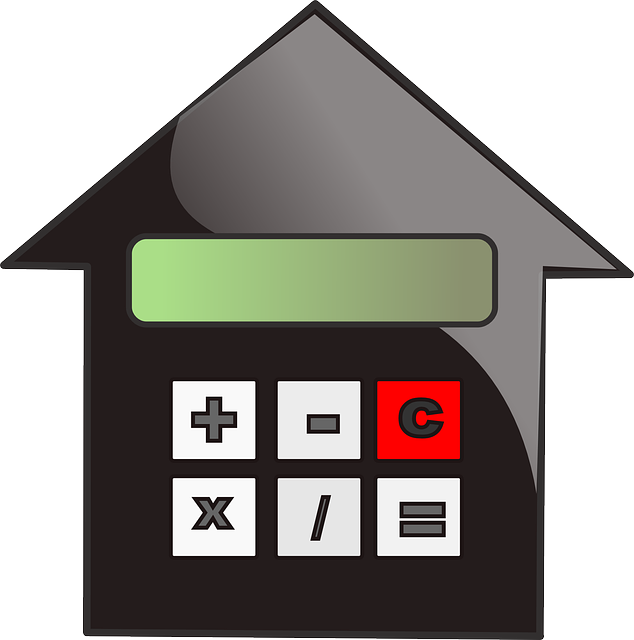Self-employed UK citizens facing multiple debts can find relief with Debt Consolidation Loans tailored specifically for their needs. These loans combine various debts into one, simplifying repayment and potentially lowering interest charges. By consolidating debts, self-employed individuals with bad credit can manage irregular income streams more sustainably and improve their financial standing over time. Accessing these loans requires strategic financial planning, assessing eligibility through tax documents, researching lenders, and understanding alternative scoring methods. Effective management involves structured repayment plans, budgeting, and disciplined payments to enhance credit history and minimize interest costs.
In the UK, self-employed individuals often face unique financial challenges. Bad credit debt consolidation loans offer a potential solution to navigate these complexities. This article explores how self-employed people can leverage debt consolidation to manage their finances effectively. We delve into the benefits of consolidating bad credit debts, providing insights on accessing competitive interest rate loans, and offering practical tips for successful repayment management. Understanding these options is crucial for those seeking financial stability and improved cash flow.
- Understanding Debt Consolidation Loans for Self-Employed Individuals in the UK
- Benefits of Consolidating Bad Credit Debts
- How to Access Competitive Interest Rate Debt Consolidation Loans
- Managing Your Loan Repayments Effectively
Understanding Debt Consolidation Loans for Self-Employed Individuals in the UK
For self-employed individuals in the UK, managing finances can be a unique challenge. Debt consolidation loans offer a tailored solution to help navigate through financial difficulties. These loans are designed to combine multiple debts into one manageable repayment, providing much-needed relief from the strain of numerous interest payments and due dates. This approach allows borrowers to simplify their financial obligations and potentially reduce overall interest charges.
Debt Consolidation Loans for the Self-Employed cater specifically to the cash flow patterns and business needs of freelancers, contractors, and small business owners. The loans are often more flexible in terms of repayment structures compared to traditional personal loans, taking into account the irregular income streams common among self-employed individuals. This flexibility ensures borrowers can align their loan repayments with periods of higher income, making debt management more sustainable.
Benefits of Consolidating Bad Credit Debts
Debt consolidation loans can offer significant advantages for individuals with bad credit, especially those who are self-employed. One of the key benefits is the opportunity to simplify financial management. By combining multiple debts into a single loan, repayments become more manageable and often reduce overall interest payments. This simplicity allows the individual to focus on building a stable financial future rather than juggling numerous repayment dates.
Additionally, debt consolidation can enhance creditworthiness over time. While bad credit may initially limit options, successfully managing a consolidated loan can demonstrate responsible borrowing behavior. This positive history can lead to improved access to financing and potentially lower interest rates in the future, including Debt Consolidation Loans for the Self Employed, which are tailored to meet unique financial needs.
How to Access Competitive Interest Rate Debt Consolidation Loans
Accessing competitive interest rate debt consolidation loans, particularly tailored for the self-employed, involves a strategic approach. Firstly, assess your financial situation to determine if you meet the eligibility criteria set by lenders. As a self-employed individual, prove your income stability through tax returns and business accounts is crucial. Lenders may also require a detailed financial plan outlining your debt structure and how consolidation will benefit your finances.
Explore various lending institutions offering debt consolidation loans for the self-employed. Online platforms and comparison websites can help by providing an overview of interest rates, loan terms, and application requirements. Some lenders specialise in this niche, so seeking out their offerings ensures a better chance of securing competitive rates. Remember, a strong credit history is advantageous, but not always mandatory; alternative credit scoring methods may be employed to assess your suitability for low-interest loans.
Managing Your Loan Repayments Effectively
Managing your loan repayments effectively is key to successful debt consolidation, especially for those who are self-employed and have unique financial circumstances. With a Debt consolidation loan tailored for the self-employed in the UK, it’s important to create a structured plan to make repayments on time and in full. This involves understanding your financial obligations and budgeting accordingly; setting up direct debits or standing orders to ensure regular payments; and keeping track of your outstanding balance.
By staying organized and disciplined with your repayments, you can build a positive credit history while reducing the overall interest paid over the life of the loan. Additionally, exploring options like additional repayment methods, such as lump sum payments or increasing your monthly amount, can help speed up debt eradication and save money on interest charges.
Debt Consolidation Loans for the Self-Employed can be a powerful tool for managing and improving financial health, especially with competitive interest rates available in the UK. By consolidating bad credit debts, individuals can streamline repayments, reduce stress, and potentially improve their credit score over time. Accessing these loans involves understanding your financial situation, choosing the right lender, and committing to effective repayment management. Embrace this opportunity to navigate your debt effectively and secure a brighter financial future.
